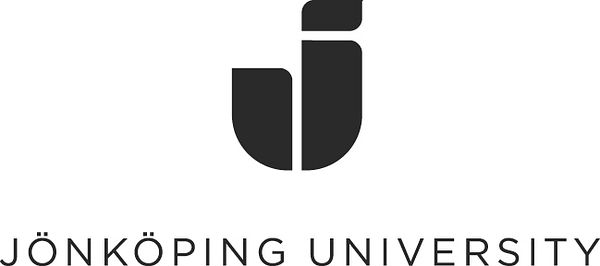Press release -
Early intervention strengthens children's mental health
Is it possible to detect behavioural disorders at an early age and what efforts can then be made? On behalf of the National Board of Health and Welfare, the research group CHILD at Jönköping University has studied this in the project "Early detection - early intervention."
The mental health of small children has attracted the attention of researchers and the general public recently. Severe behavioural problems can be an early sign of mental illness, and efforts to strengthen the health of young children have been shown to produce good effects on their mental health later in life. The preschool has been highlighted as an environment where children's mental health problems can be detected early and also as an environment where through early intervention good mental health can be promoted.
The results show that most kids do not have behavioural problems but are engaged in preschool activities and have a high level of well-being. Engagement seems to protect against behavioural problems and therefore it is important to detect and take action when a child shows low involvement in preschool activities.
Children with behavioural problems are detected early by the preschool teachers. Some of these children receive early intervention from the staff, without interference from surrounding support systems. This is because it is only at four years of age that most children with behaviour problems are formally identified, and only then can the children and their teachers get support from external experts.
“If children younger than five years, showing clear signs of problems with mental health, are identified early and get good support, it increases the chance that they can be involved in pre-school activities in a good way. And that, in turn, increases the chance that they will be healthy later in life”, says Professor Mats Granlund, research director at CHILD.
The summary of the report states: “A positive atmosphere, where teachers often encourage children's activity and have a dialogue with children about their play and their thoughts seems to promote the children's welfare and learning. The same factors also appear to reduce behavioural problems.”
Topics
- Mental Health
Categories
- school of health and welfare
- school of education and communication
Jönköping University Foundation is one of three independent institutions of higher education in Sweden offering postgraduate programmes. It is characterised by focused profiles, internationalisation, an entrepreneurial spirit and collaboration with surrounding society. Research and education are carried out at four schools: Jönköping International Business School, School of Education and Communication, School of Engineering and School of Health and Welfare. Jönköping University has some 10,000 registered students, 725 employees and a turnover of approximately SEK 800 million.
